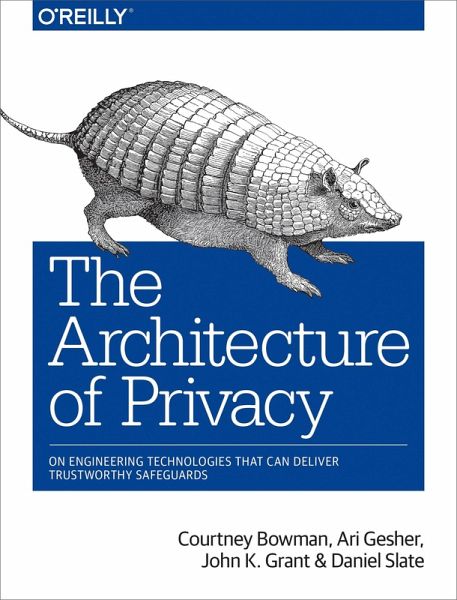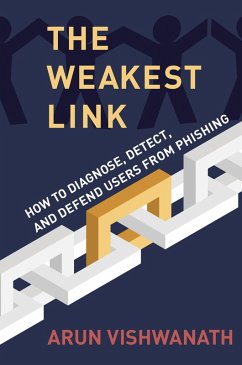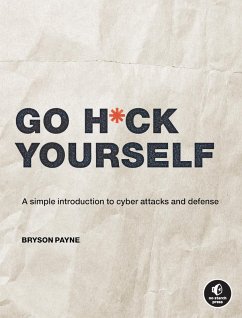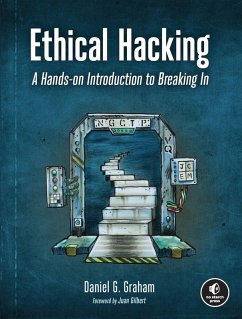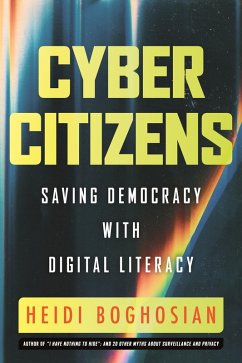Courtney Bowman has been working in the data analytics space for the last decade. After earning degrees in Physics and Philosophy at Stanford University, Courtney spent several years at Google working on quantitative analytics, auction design, and pricing strategy, where he developed a strong understanding of the intricacies of data analytics algorithmic implementation and the attendant privacy challenges. Drawing on that background and an appreciation of the need for value-oriented approaches to systems architecture and design in order to ensure privacy protections, Courtney joined Palantir Technologies in 2010 as an in-house Privacy and Civil Liberties specialists. Within that role, he has developed extensive experience working with local and federal government agencies (including law enforcement, criminal justice, health and social services) to develop technology-driven solutions to information sharing and inter-agency cooperation in a manner that respects applicable privacy, security, and data integrity requirements. Courtney is an avid distance runner and cyclist. He resides in New York City with his increasingly unwieldy library of German literature and philosophy. Ari Gesher is a technologist and software generalist who has split his career between systems engineering, software engineering. In his 17 year career, he's worked at a number of startups, was the maintainer of the SourceForge.net open source software repository before the word 'github' even existed, and landed at Palantir as an very early engineer in 2006 (after dropping out of his undergrad education at University of Illinois for a second time). At Palantir, Ari started working on backend systems. His first feature was implementing the metadata tagging for Palantir's platforms that are the foundation of all privacy-protective access controls. In his time at Palantir, he's worked on both Palantir's Philanthropic Engineering Team and the Privacy & Civil Liberties Team, as well as overseeing Palantir's Open Source efforts. Today, when he gets a chance to code, he's busy re-inventing himself in the UX domain, working as a rapid prototyper for Palantir's Product Design team. An actor, improv-comedian, and seasoned public speaker, Ari has branched out into speaking on and writing about all manner of technical topics - especially in the sphere of 'big data' and the limits of automated decision-making. He excels at decoding complex technical topics in to a digestible form, drawing on a love of the history of computing as the lens through which to view the future. Ari has been featured at O'Reilly's Strata Conference, The Lean Startup Conference, GigaOm Structure, MIT's Technology Review's EmTech Conference, Harvard Business School, the Institute for the Future's Tech Horizons Conference, the Economist Future Technologies Summit, and PayPal's TechXploration series. Ari lives in Menlo Park, California (one of the birthplaces of the Internet) with his wife, Nicole and their two small children. John Grant has been working in the privacy field for more than a decade. After graduating from Duke University in 2000, John began work as a U.S. Senate aide where he helped develop privacy-related policy (among other issues) for two Senators. Privacy and civil liberties quickly became a passion for John, and he focused on these issues while attending night classes at the Georgetown University Law Center, finally obtaining his J.D. in 2007. By then he had joined the Senate Homeland Security and Governmental Affairs Committee as Counsel to the Ranking Member, where he handled the intelligence oversight portfolio in addition to privacy and civil liberties issues. Over the course of four years with the Committee, he gained significant insight into the practical difficulties inherent in integrating sound privacy policy into data analysis and data sharing programs, as he wrote legislation related to the management of the Department of Homeland Security Privacy Office, developed proposals to rewrite the U.S. Privacy Act, helped strengthen the U.S. Privacy and Civil Liberties Oversight Board, and worked to incorporate numerous privacy-related provisions to numerous pieces of legislation. In 2010, John joined Palantir Technologies as the company's first Civil Liberties Engineer responsible for assisting Palantir engineers to build and deploy privacy-protective technologies in their products. Daniel Slate has worked at the nexus of privacy, technology, and security for the past six years. At one time a researcher for former cabinet-level national security officials, he has also worked as an engineering strategist and product manager for Palantir Technologies, where he focused on architecting privacy-safeguarding software for the international security community. He studied at Stanford University and splits his time between Northern California and Jerusalem.
